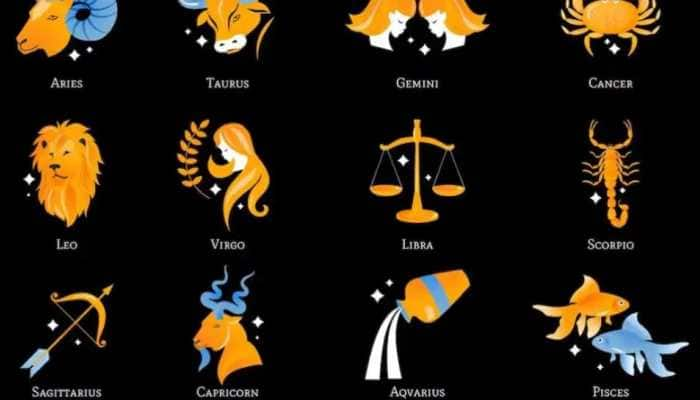Ahmedabad Municipal Corporation To Convert 300 Tons Solid Waste Per Day Into Steam For Generating Cheaper Electricity
Ahmedabad, being the 7th Largest Metropolis in India with a population exceeding 63 lakhs, generates approximately 4000 Metric Tons of solid waste daily.
Trending Photos
) The deadline to make the project operational is by December 2024.
The deadline to make the project operational is by December 2024. Ahmedabad Municipal Corporation (AMC) has finalized tender to Design, Build, Erection, Commissioning, Operation and Maintenance of a state-of-the-art 300 Tons Per Day (TPD) Capacity Municipal Solid Waste to Steam Plant under the PPP model. This is yet another move by the AMC to address the challenges of growing Solid Waste Management (SWM) in the City. The project has been awarded to Surat-based Steamhouse India Limited. The plant to be established on a 5-acre land at the Pirana Waste dumping site, is aimed at significantly reducing environmental pollution by curbing reliance on fossil fuels, thus aligning with global trends towards waste-to-steam projects. The total cost of the project as per tender is Rs 70 crore.
Ahmedabad, being the 7th Largest Metropolis in India with a population exceeding 63 lakhs, generates approximately 4000 Metric Tons of solid waste daily. The shift towards sustainable waste management is imperative as the decomposition of organic waste in landfills emits harmful greenhouse gases, contributing to climate change, and toxic substances from various waste types pose health risks to communities.
Dr Vijay Mistry, Jt Director Mechanical at Ahmedabad Municipal Corporation, told Zee News English that the total cost of the project is Rs 70 crores and the AMC will pay Rs 35 crore while Steam House India will pay rest Rs 35 crore. The deadline to make the project operational is by December 2024. "Steam House will give Rs 17.75 lakhs as royalty per month to the AMC. They will be able to recover their entire cost in 8-10 years," Mistry said.
The AMC Jt Director further said that the decision to steer 300 Tons Per Day (TPD) of municipal solid waste to a steam plant under the PPP model is the AMC’s another step towards sustainable practices and innovative solutions in waste management. Employing Waste to Steam (WTS) technology, the project aims to adhere to stringent emission norms while promoting a circular economy through the utilization of Refuse Derived Fuel (RDF). The German-proven technology, being employed for the first time in India, promises several advantages, including reduced environmental impact, minimal operational costs, and efficient resource utilization.
“Till date, we have seen that only waste to electricity was considered the waste to energy model in India. But with this project, we have got an opportunity to showcase the benefits of waste to steam and that how capex can be almost halved helping the nation save money by not buying electricity at a premium price of Rs 7.5 per unit against Rs 2.5 per unit of solar and wind, while also reducing import of coal, forex outflow and air pollution,” said Vishal S. Budhia, CMD, Steam House India Ltd.
Furthermore, this project is anticipated to offer a more cost-effective solution for steam generation, reducing capital expenditure by 70% compared to conventional Waste to Energy (WTE) plants.
Stay informed on all the latest news, real-time breaking news updates, and follow all the important headlines in india news and world News on Zee News.
Live Tv







)
)
)
)
)
)
)
)
)
)
